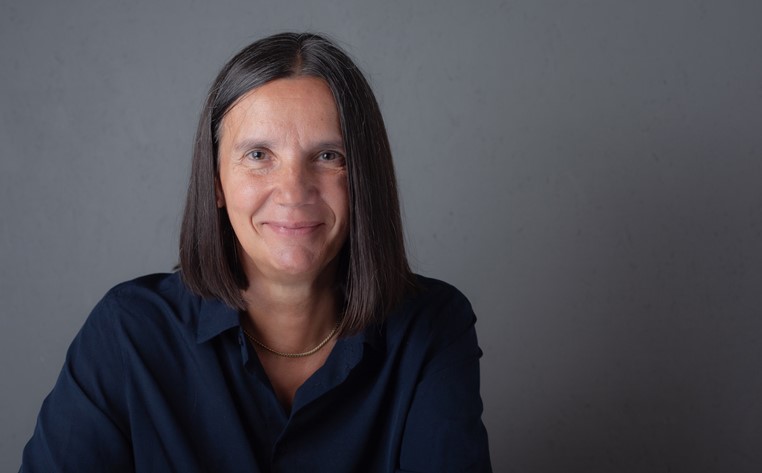
TBD
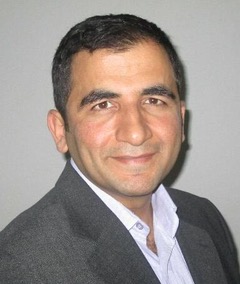
Motasem Alrahabi holds a PhD in Applied Linguistics from Sorbonne University and currently serves as the scientific coordinator of the ObTIC team at Sorbonne University. He teaches Digital Humanities across various institutions, focusing on the practical applications of artificial intelligence and natural language processing in the fields of humanities and social sciences, health, and education. His research includes work on automatic discourse analysis, reported speech, emotional analysis, and e-learning, aiming to enhance understanding and engagement within these areas. Alrahabi's work is driven by a commitment to interdisciplinary collaboration and the belief in technology as a tool to improve educational outcomes and promote useful applications.
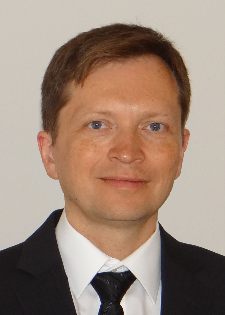
Artur Andrzejak received a PhD in computer science from ETH Zurich in 2000 and obtained a habilitation degree from FU Berlin in 2009. His academic journey includes a postdoctoral research period at HP Labs in Palo Alto from 2001 to 2002, followed by a research position at ZIB Berlin from 2003 to 2009. During this time, he led the CoreGRID Institute on System Architecture (2004 to 2006). In 2010, he served as the Deputy Head of the Data Mining Department at the Institute for Infocomm Research (I2R) in Singapore. Since 2010, he has been a professor at Ruprecht-Karls-University of Heidelberg, where he heads the lab for Artificial Intelligence for Programming. Prof. Dr. Andrzejak's research interests encompass machine learning and AI for software development, software reliability, and domain-specific languages.
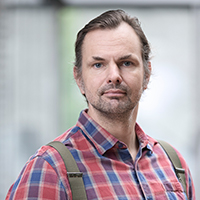
Jesper Bruun, PhD, is associate professor of physics education research at the Department of Science Education, University of Copenhagen. He earned his PhD on network analysis in physics education research in 2012. Currently, Jesper’s research focus is on conceptualizing educational systems as complex systems – and on how new technologies and teaching formats affect these systems.
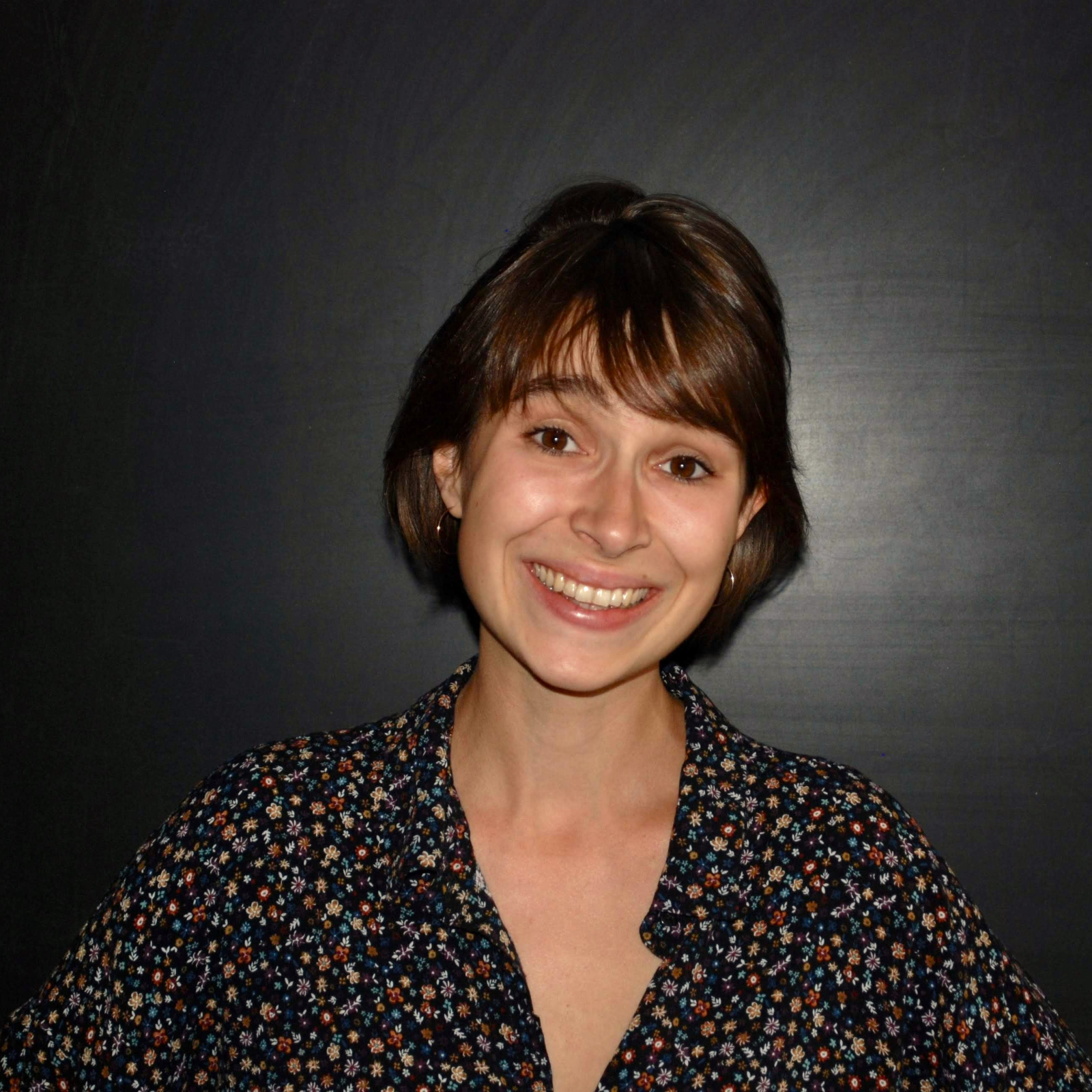
Clotilde Chevet, PhD in media studies, is project manager at the SCAI (Sorbonne Center for artificial intelligence). She is working on the development of an AI-based teaching assistant, dedicated to learning English for primary school pupils. She is also a scientific mediator in cultural venues and schools, where she works with artists and designers to deconstruct the myth of the "speaking and writing machine".
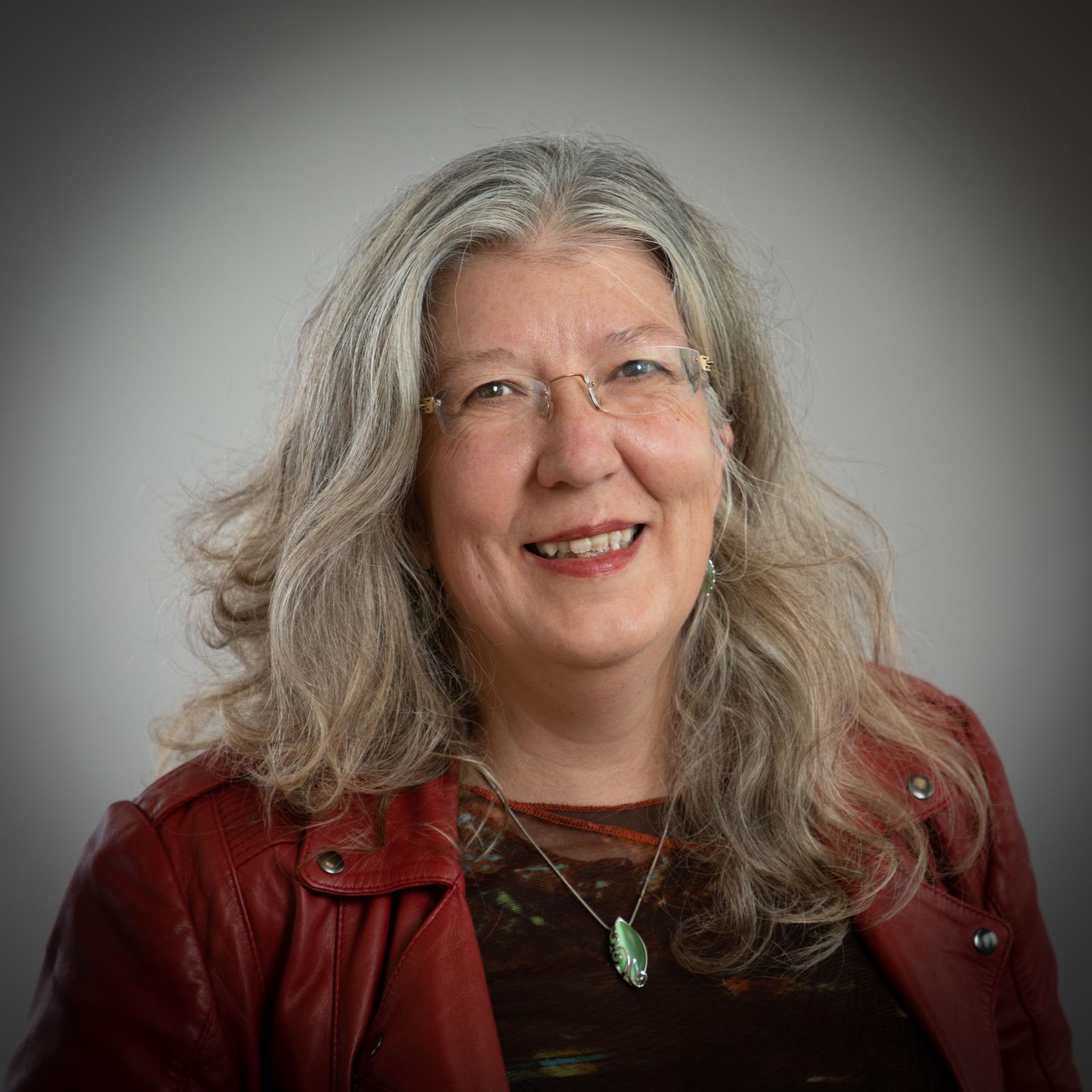
Isabelle Collet is a former computer scientist. For 20 years, her research interests are focused on closing the STEM gender gap (especially in computer science) and developing inclusion strategies for women in higher education. She has been involved in several Europe-based projects on gender and information technology. She leads the Gender and Intersectional Relations research group in education (G-RIRE) at the university of Geneva. In 2019, she publishes "Les oubliées du numérique" (The Forgotten Women of the Digital World).
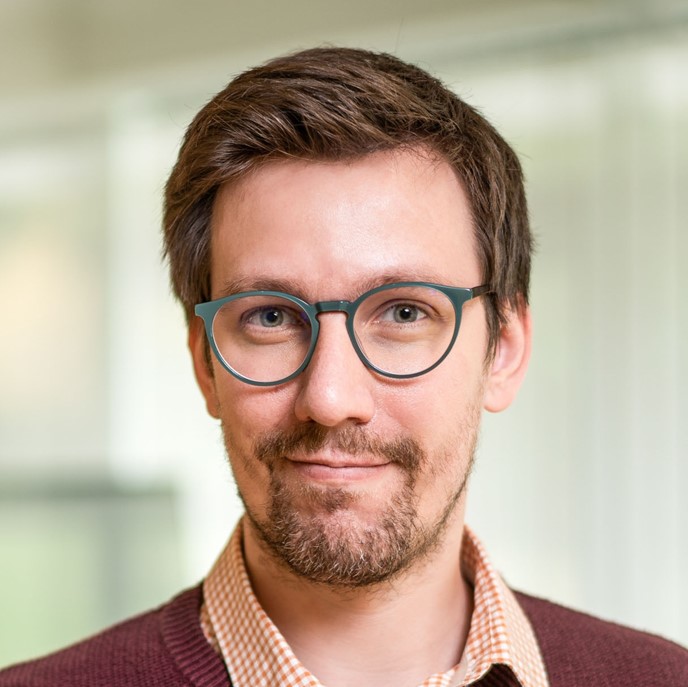
Ondřej Dušek is an Assistant Professor at Charles University in Prague, focusing on natural language generation and human-computer dialogue. His recent research focuses on generative language models, mostly applied to the data-to-text and dialogue response generation tasks. After obtaining his PhD in Prague, Ondřej spent 2 years as a postdoc at Heriot-Watt University in Edinburgh in 2016-2018, where he also co-advised the university team in the Amazon Alexa Prize chatbot competition. He is currently the PI of an ERC Starting Grant titled Next-Generation Natural Language Generation, which aims to adapt neural models in order to produce fluent, accurate and explainable NLG Systems.
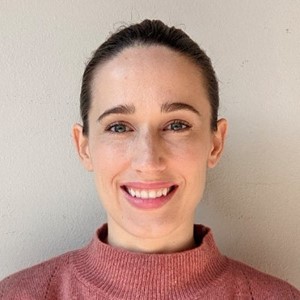
Danielle Hagood is currently a postdoc at the University of Copenhagen, studying digital transformation in higher education systems. Her current research areas focus on new competence areas for teachers, institution’s implementation strategies, and how technology changes teaching practice. She is trained as a learning scientist specializing in psychometrics and mixed-methods research.

Mikala Hansbøl is a university pedagogical consultant in TEACH – Teaching and Learning Centre at University of Copenhagen (TEACH – KøbenhavnsUniversitet (ku.dk). Mikala has background in psychology, communication and a PHD in techno anthropology and educational anthropology. She has been working for more than 20 years with researching and developing relationships between IT, teaching, learning and education. The past 15 years have been particularly focused on “technology comprehensions” – students’ and teachers’ (e.g. teacher professional technology comprehension). She has been part of an expert group who have formulated and developed the new subject “technology comprehension” in primary schools in Denmark (Technology Comprehension – Teknologiforståelse – GRUNDSKOLE | Emu.dk).
Mikala currently develops and conduct a lot of competence development courses for experienced teachers at university, related to the Faculty of Humanities, Social Sciences, Law and Theology. At the moment, very focused on generative AI and how it influences the educational programs, academic bildung (and the world). Currently developing a course on AI literacy and digital literacy pedagogies.
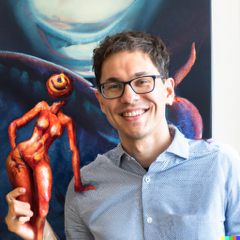
Ondřej Hrách originally studied translation at Charles University, with a focus on machine translation. Then he worked for five years as a linguist for conversational AI (Alquist, PromethistAI). Currently, he co-manages the successful non-profit Aignos, which focuses on education about AI. He also plays unique glass-bottle music in his project Flaškinet.
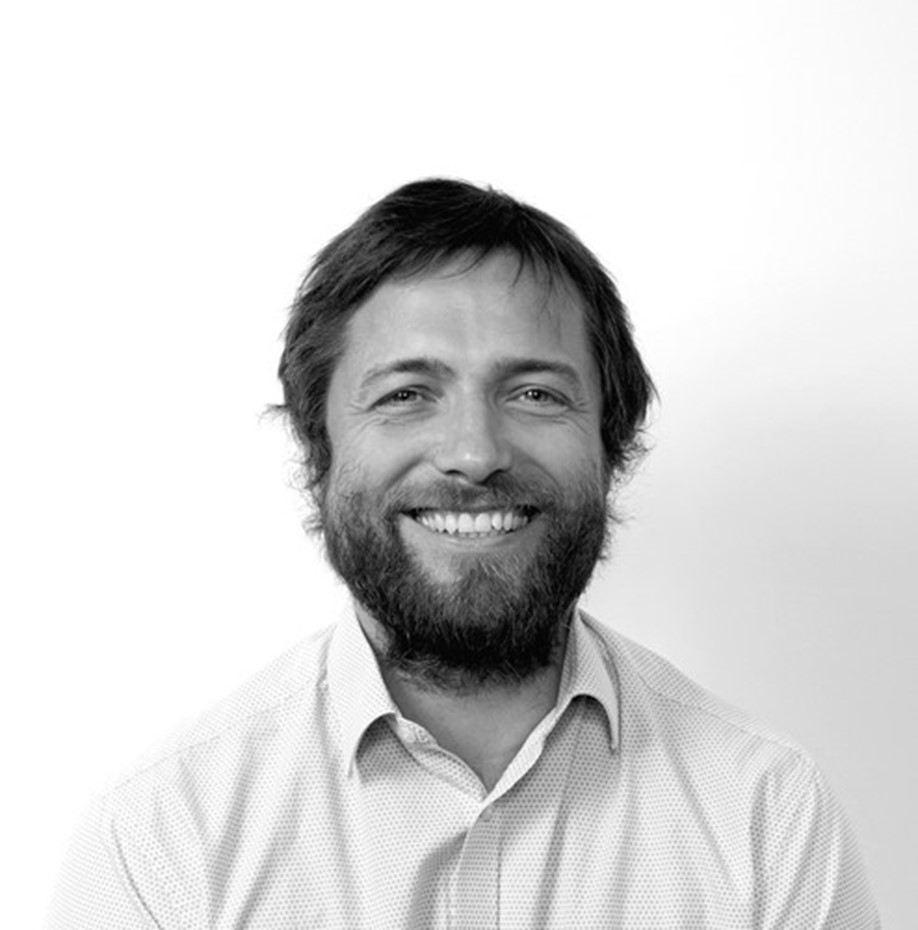
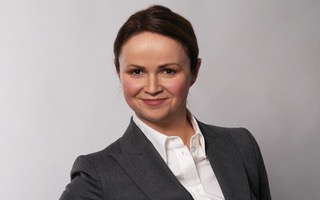
Dr. Anne Jürgens is Project Manager at the 4EU+ Office at Heidelberg University. Her previous positions included a senior consultant position at the grant support office at Heidelberg University Administration, position as the scientific manager of the Transcultural Studies project as well as positions as senior and junior research associate at the Faculty of Economics and Social Sciences at Heidelberg University. Her professional experience includes a stage at the European Commission (DG ECFIN) and traineeships the Estonian Ministry of Foreign Affairs. As an Estonian living in Germany, she regularly comments on Germany politics in Estonian national broadcast radio, television and online media. She holds a PhD in Political Science and a Diploma in Economics. In her PhD thesis she explored the political role of the Russian-speaking population in democratic transformation processes in Estonia and Ukraine.
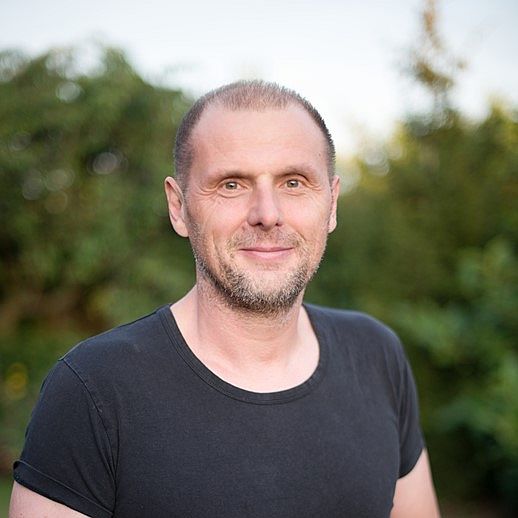
Jan is an accomplished entrepreneur and co-founder of The MAMA AI, a prominent European technology group dedicated to developing secure, personalized, reusable, and sustainable AI solutions for both businesses and individuals. With an illustrious career spanning 30 years, he served as the head of IBM Watson AI R&D Lab in Prague, where he consistently pioneered advanced speech and dialog solutions for numerous global clients. Jan possesses a wealth of experience in overseeing international research and engineering projects in the field of AI, particularly in areas such as natural language processing, llms, speech recognition and synthesis, and conversational technologies.
Jan's educational background is equally broad, having earned a Ph.D. in Mathematics and Computer Science from Charles University in Prague. He has co-authored more than 40 international patents and has contributed to numerous scientific publications centered around AI. Jan's dedication to the advancement of AI is evident through his roles as a co-founder of the Platform for Artificial Intelligence at the Czech Confederation of Industry and as the vice-chairman of the Research Board of the Technology Agency of the Czech Republic.
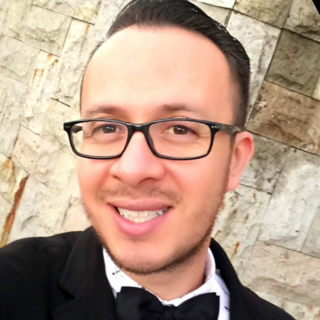
Felipe Martínez-Ramírez is a Mexican biologist by profession and holds a French master’s degree in physics. Currently, he is a PhD candidate in the Analytical Chemistry Department at Charles University, specializing in LC-MS method development and validation using computational tools. Felipe has completed prestigious internships abroad, including at the University of Oslo, Norway under the EMBO grant, and the University of Granada, Spain under the Erasmus+ traineeship grant, where he refined his skills in LC-MS method validation and computational science. He has actively participated and presented at international conferences and workshops focused on the use of AI in chemical science. As a team leader and recipient of a 4EU+ student mini-grant, Felipe is currently organizing a workshop on the introduction to computational mass spectrometry and the application of AI tools in science.
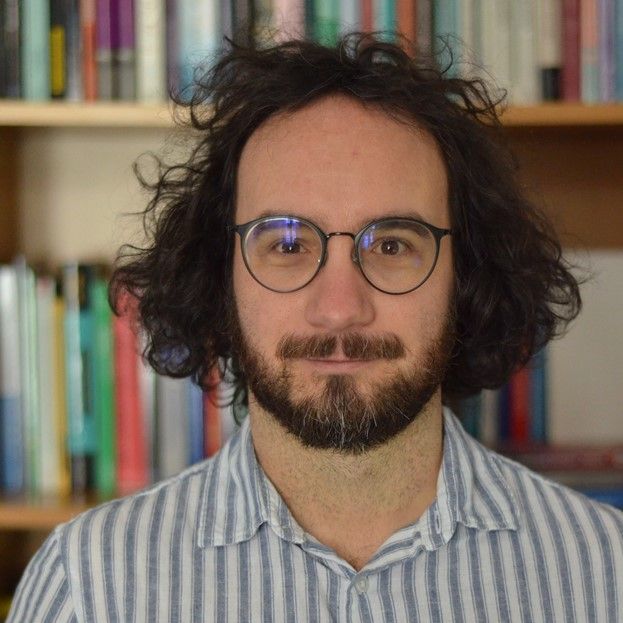
Jiří Milička, PhD, is a quantitative and corpus linguist currently serving as the principal investigator for a project on the behavioral study of large language models at Charles University in Prague. In the meantime, he is trying to automate as much of his work as possible.
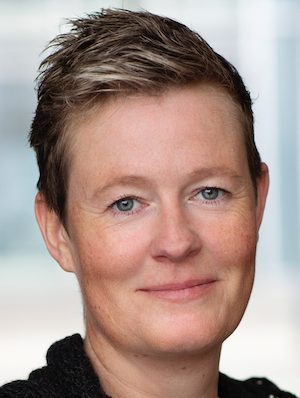
Annette Pedersen has been working with teachers’ digital competencies development at the University of Copenhagen since 2008. She is currently developing and teaching courses on the use of AI in teaching at TEACH – the university pedagogical center for the faculties HUM, THEO, LAW & Social sciences. She is also involved in the Erasmus Plus partnership CUTIE on teachers’ digital competencies development https://cutie.unak.is as well as a multitude of other activities.
See more and get in touch at https://www.linkedin.com/in/annetteq.
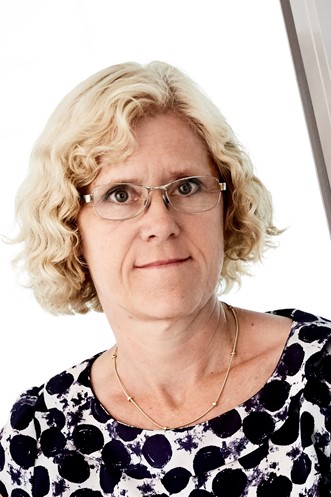
Bolette Sandford Pedersen is a professor in computational linguistics and leads the Centre for Language Technology at UCPH. She is particularly involved in the development of Danish language resources for natural language processing and generative AI. She engages actively in language and cultural policy in relation to AI and takes part in the advisory board of the Danish Agency for Digital Government as well as in the European Language Equality Network.
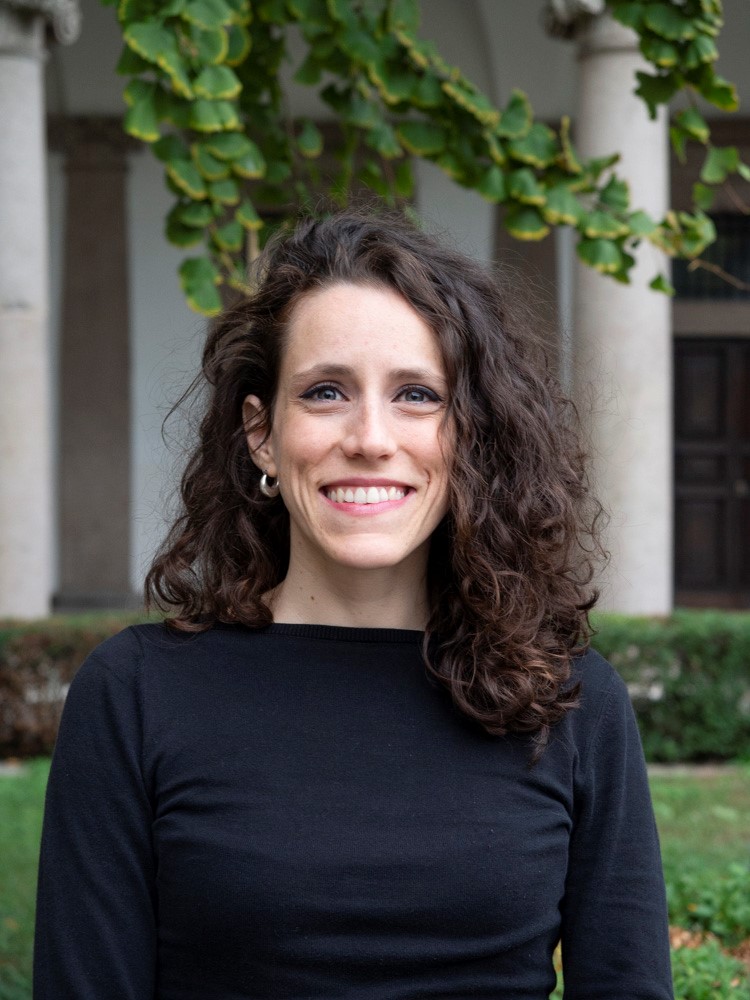
Sofia Pirandello is post-doc researcher in Aesthetics at the Department of Philosophy “Piero Martinetti” of the University of Milan. Her research interests concern contemporary theories of imagination, philosophy of technology, media theories and contemporary art. She obtained her PhD degree in Philosophy and Human Sciences at the University of Milan (2023), working on a PhD thesis about augmented reality (AR) feedback on human imagination. She is author of the book Fantastiche presenze. Note su estetica, arte contemporanea e realtà aumentata (Johan & Levi 2023). In the ERC Project AN-ICON she works on aesthetics and politics of AR considered as a phantasmagoric dispositif, also investigating the link between magic and contemporary technology.
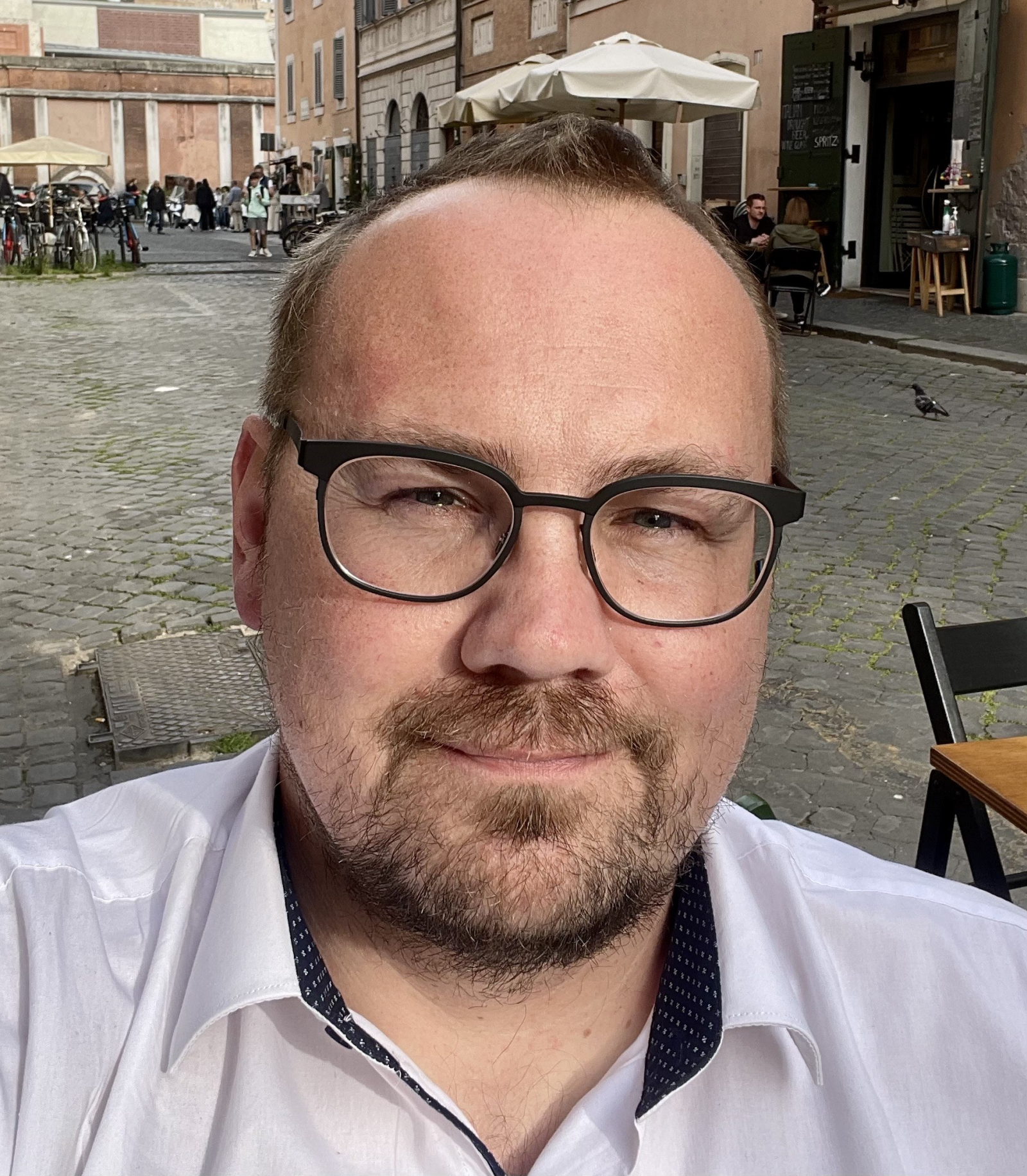
František Štěch, Th.D. currently works as coordinator of the Theology & Contemporary Culture research group hosted by Charles University, Protestant Theological Faculty. His research is generally focused on topics related to fundamental and systematic theology with a special focus on theological interpretation of AI, (cyber)spatiality, digital technologies, and landscape.
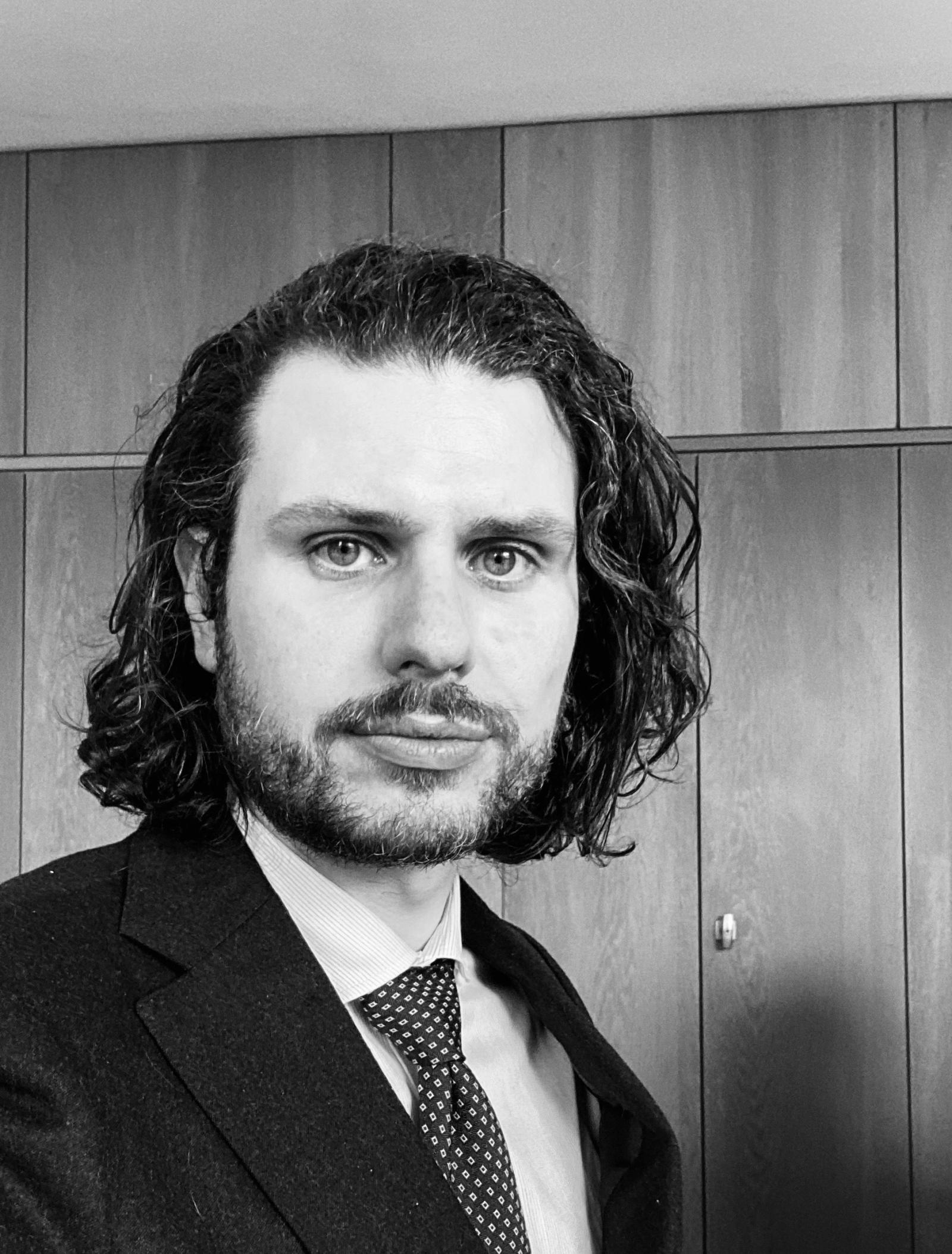
Raphaël Thézé is an advisor at the Bureau de la Transformation (BT) at the Rectorate of the University of Geneva (UNIGE). After completing his education in neurobiology at McGill University in Canada, he pursued a doctoral thesis in cognitive neuroscience at UNIGE and worked for several years as a researcher on memory and perception themes. Hired at the rectorate in 2021, he has, along with his colleagues, led the action plan of the digital strategy and managed transformation projects with the use of innovative methodologies, transversality, and rapid action. Since the emergence of Generative Artificial Intelligence challenges, Raphaël and his colleagues have notably worked on issues related to the integration and adoption of these tools by the university community.
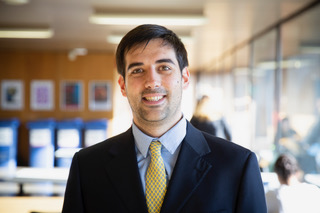
Giuseppe Ugazio holds two doctorates, one in philosophy and the other in neuro-economics, and studies the neuropsychological mechanisms that influence complex human social behaviour. Using interdisciplinary experimental methods, he explores the affective, cognitive and behavioural control mechanisms underlying social decision-making. In particular, his research aims to understand how these decision mechanisms interact and compete to guide choices related to moral values and philanthropy. More recently, his research has focused on understanding the role of AI for Philanthropy, for instance developing a machine learning approach to disclose motivations to engage in prosocial endeavors. He is currently Associate Professor in Behavioural Finance and Philanthropy at the Geneva Finance Research Institute (University of Geneva).
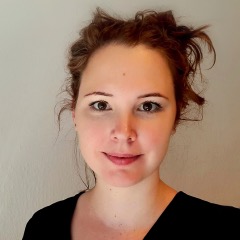
Annelore Verhagen is an Economist in the OECD Directorate for Employment, Labour and Social Affairs (ELS), where she works on the ethical implications of using Artificial Intelligence (AI) in the workplace. This includes projects on AI use for income support benefits, algorithmic management, and a review of policies to ensure trustworthy AI in the workplace. At the OECD, she previously worked on skills and adult learning, including the use of AI for training and anticipating skill needs. Before joining the OECD in 2018, she worked at the Research Centre for Education and the Labour Market (ROA) at Maastricht University, where she conducted research on school-to-work transitions of vulnerable groups including early school-leavers and NEETs. Annelore holds a PhD in Economics from Maastricht University.
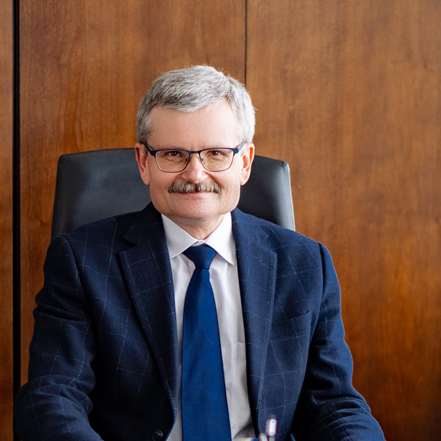
Dariusz Wasik is a professor of physics at the University of Warsaw. He is a specialist in the field of experimental research on the properties of semiconductor materials. As a part of the Academic Council of the 4EU+, he is a member of the Working Group, which aims to prepare an “Opinion Paper” on the use of generative artificial intelligence by students, teachers and the wider 4EU+ community in education and research within 4EU+ related activities.
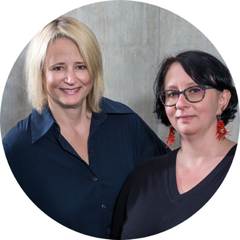
Renata Włoch is Associate Professor at the Faculty of Sociology, University of Warsaw, graduate in international relations and sociology at the University of Warsaw.. Author of numerous expert opinions and reports for business and public institutions, as well as institutional evaluations. At DELab UW, she coordinates research activities as Scientific Director. Her own research focuses on social changes resulting from digital transformation, especially those occurring in the labour market and education system. Co-author of the book 'The Digital Economy. How new technologies are changing the world' (WUW 2020). Co-creator of Digital Sociology major at the University of Warsaw
Katarzyna Śledziewska is Associate professor at the Faculty of Economic Sciences of the University of Warsaw. A member of Readie and the Polish Economic Institute. At DELab UW, she is the Executive Director and she manages various international projects, such as NGI Forward and Horizon 2020. Her scientific interests focus on digital transformation and the Digital Single Market. She lectures on the theory of economic integration and regional groups as well as on digital finance. Katarzyna Śledziewska is the co-author of a recently published book titled “Digital Economy. How new technologies change the world” (WUW, 2020). She is also the author of various publications in international scientific journals, monographs and academic textbooks.